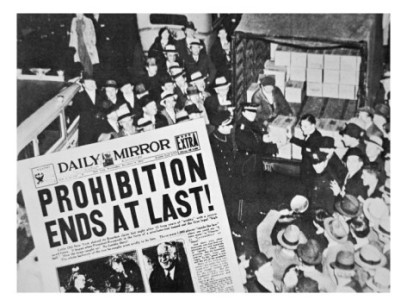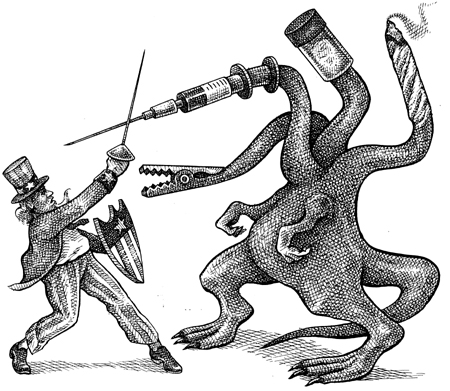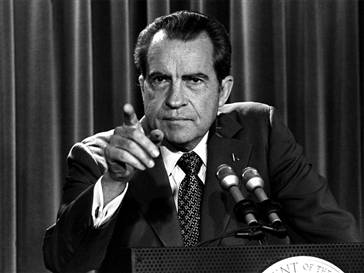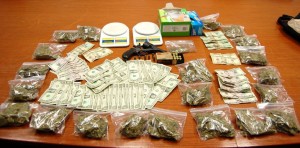We live in a modern day society where you can connect with people halfway around the world in seconds, go shopping without leaving the comfort of your own home, and some of us even have cars that park themselves. So if we are supposedly living in Marty McFly’s era (Back to the Future for the uninitiated), why are we still holding onto the times of Al Capone?
Prohibition of substances, whether it be alcohol or drugs, has never effectively worked and continues to fail to this very day. In the 1920’s the Women’s Christian Temperance Movement and the Anti-Saloon League were concerned about many American’s drinking behaviors which prompted them to pressure Congress to take action…and so the 18th Amendment was born. As we are all aware, people continued to consume alcoholic beverages despite the Volstead Act. Due to the overall noncompliance of the American citizen, the nation saw the 18th Amendment repealed not 20 years after its passing. It should be noted that this is the only U.S. Amendment of all 27 that was ever rescinded.

This brings us to present day prohibition in America. This new form of prohibition picked up steam sometime around the 1970 Nixon era; though not titled “Prohibition” any longer, it held the same meaning. This time Congress entitled it “The War on Drugs.” DrugPolicy.org states, “The number of people behind bars for nonviolent drug law offenses increased from 50,000 in 1980 to over 400,000 by 1997.” In 17 years the amount of American citizens incarcerated for nonviolent drug offenses rose 700%. That’s 700% more of your tax dollar going toward the incarceration of nonviolent criminals.
Let’s consider the word war. War by definition is a conflict carried on by force of arms, as between nations or between parties within a nation. This suggests that a conflict is being carried on by force of arms between our government and nonviolent “criminals.” Does anyone not see the problem here? Let’s just assume that this war they are referring to just involves the violent criminals that deal in drugs. Well if that’s the case, then you have to factor in that the government has fashioned a workplace for them in which to operate in the form of a black market. This means good ol’ Uncle Sam is the one starting the war.

The incarceration of violent offenders coupled with nonviolent drug offenders equals a lot of damn tax money. We have to start asking ourselves why. Why are we allowing the government to spend our tax money on a war that they have created? Why are we allowing the birth of more violent criminals, when if we removed the market all together they might become productive citizens? Why are regular everyday citizens under constant threat of being arrested for what they put into their own body? Does the government own our bodies? If that’s their plan maybe we should at least take a vote on it first. The bottom line is that prohibition has never worked, in fact the only thing its ever worked is our tax dollar. It’s high time (see what I did there) we write our congressman, end this war, and smoke um’ peace pipe.







